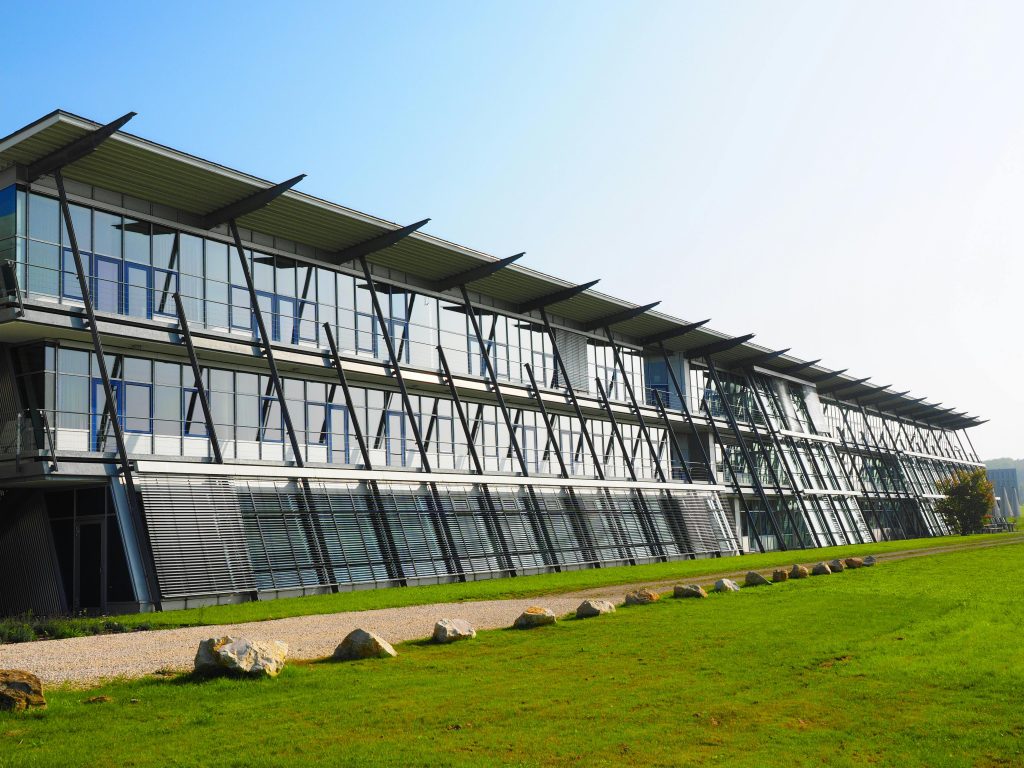In an era where environmental concerns are at the forefront of global discourse, sustainability has become a critical consideration in every industry, including engineering. Engineering consultancy services play a pivotal role in shaping the built environment, and integrating sustainability into these services is essential for creating eco-friendly, resilient, and future-ready projects. This article explores how sustainability is being incorporated into engineering consultancy, the benefits it brings, and the innovative practices that are driving the transition toward greener solutions.
The Importance of Sustainability in Engineering Consultancy
Sustainability in engineering consultancy involves designing, planning, and executing projects that minimize environmental impact, conserve resources, and promote social and economic well-being. As the world faces challenges like climate change, resource depletion, and urbanization, engineering consultants must adopt sustainable practices to ensure that projects are not only functional and cost-effective but also environmentally responsible.
By integrating sustainability into their services, engineering consultancies can:
- Reduce the carbon footprint of projects.
- Optimize resource use and minimize waste.
- Enhance the resilience of infrastructure to climate change.
- Improve the quality of life for communities.
- Meet regulatory requirements and stakeholder expectations.
Key Strategies for Integrating Sustainability in Engineering Consultancy
1. Sustainable Design and Planning
Engineering consultants are adopting sustainable design principles to create projects that are energy-efficient, resource-efficient, and environmentally friendly. This includes using renewable materials, optimizing building orientation for natural lighting, and incorporating green spaces.

2. Energy Efficiency and Renewable Energy
Consultants are integrating energy-efficient technologies and renewable energy systems into projects. This includes designing buildings with high-performance insulation, energy-efficient HVAC systems, and on-site renewable energy generation like solar panels and wind turbines.

3. Water Conservation and Management
Sustainable water management practices, such as rainwater harvesting, greywater recycling, and efficient irrigation systems, are being incorporated into projects to reduce water consumption and promote conservation.

4. Waste Reduction and Circular Economy
Engineering consultants are focusing on waste reduction by promoting the use of recycled materials, designing for deconstruction, and implementing circular economy principles. This minimizes waste generation and extends the lifecycle of materials.

5. Green Infrastructure
Green infrastructure, such as permeable pavements, urban forests, and green roofs, is being integrated into projects to manage stormwater, reduce urban heat islands, and enhance biodiversity.

6. Life Cycle Assessment (LCA)
Engineering consultants are using life cycle assessment to evaluate the environmental impact of projects from cradle to grave. This helps identify opportunities to reduce emissions, energy use, and resource consumption at every stage of a project.
Benefits of Sustainable Engineering Consultancy
- Environmental Protection: Reduces carbon emissions, conserves resources, and minimizes ecological damage.
- Cost Savings: Lowers operational costs through energy and water efficiency.
- Resilience: Enhances the ability of infrastructure to withstand climate change impacts.
- Regulatory Compliance: Helps projects meet environmental regulations and standards.
- Community Well-Being: Improves the quality of life for communities by creating healthier and more sustainable environments.
Innovative Practices in Sustainable Engineering Consultancy
1. Smart Technologies
The integration of IoT (Internet of Things) and AI (Artificial Intelligence) enables real-time monitoring and optimization of energy use, water consumption, and waste management in projects.
2. Net-Zero Buildings
Consultants are designing net-zero energy buildings that produce as much energy as they consume, often through a combination of energy efficiency measures and renewable energy systems.
3. Sustainable Urban Development
Engineering consultancies are working on sustainable urban development projects that prioritize walkability, public transportation, and mixed-use developments to reduce carbon emissions.
4. Climate-Resilient Infrastructure
Consultants are designing infrastructure that can withstand extreme weather events, such as floods, hurricanes, and heatwaves, ensuring long-term resilience.
The Future of Sustainable Engineering Consultancy
The future of engineering consultancy lies in deeper integration of sustainability into every aspect of project planning and execution. Key trends to watch include:
1. Digital Twins for Sustainability
Digital twins—virtual replicas of physical assets—are being used to simulate and optimize the environmental performance of projects.
2. Decarbonization Strategies
Consultants are developing strategies to decarbonize construction and operations, such as using low-carbon materials and electrifying transportation systems.
3. Collaboration Across Disciplines
Sustainable engineering requires collaboration between architects, engineers, policymakers, and communities to create holistic solutions.
4. Focus on Social Sustainability
Engineering consultancies are increasingly considering social factors, such as equity, accessibility, and community engagement, in their projects.
Conclusion
Integrating sustainability into engineering consultancy services is no longer optional—it is a necessity for creating a greener, more resilient future. By adopting sustainable design principles, leveraging innovative technologies, and prioritizing environmental and social well-being, engineering consultancies can deliver projects that are not only functional and cost-effective but also environmentally responsible. As the world continues to grapple with environmental challenges, sustainable engineering consultancy will play a critical role in shaping a better tomorrow.
The future of engineering is sustainable, and it starts with consultancies that prioritize eco-friendly solutions and innovative practices.
References
- “Sustainable Engineering: Principles and Practices” – American Society of Civil Engineers (ASCE)
- “The Role of Renewable Energy in Sustainable Development” – International Renewable Energy Agency (IRENA)
- “Green Infrastructure for Sustainable Cities” – World Resources Institute (WRI)
- “Life Cycle Assessment in Engineering” – ScienceDirect